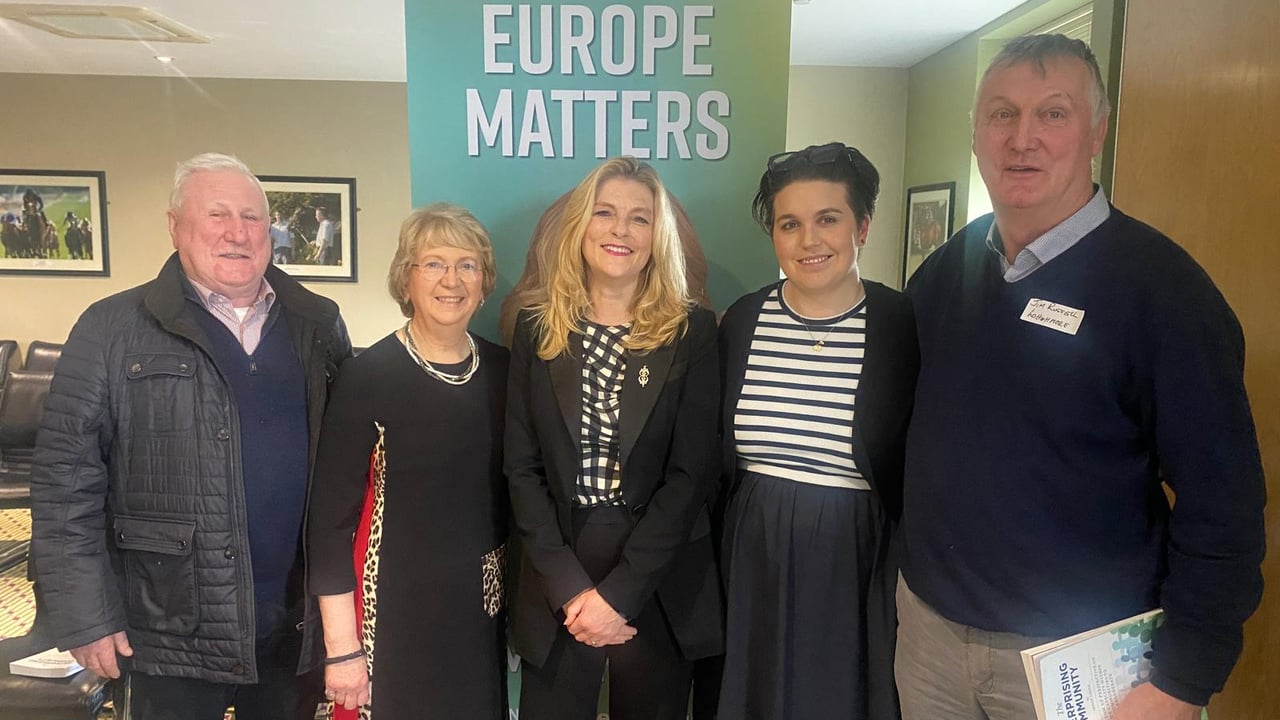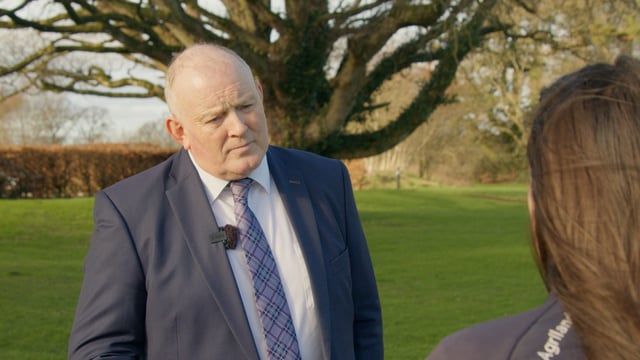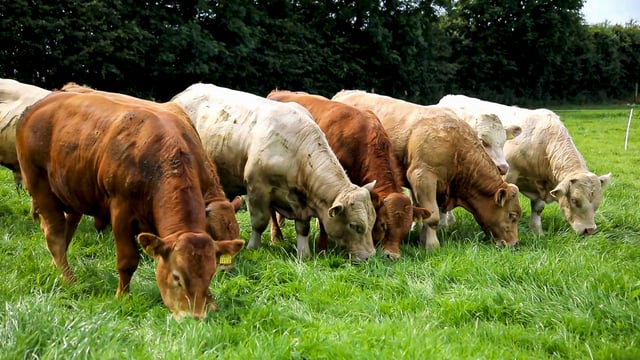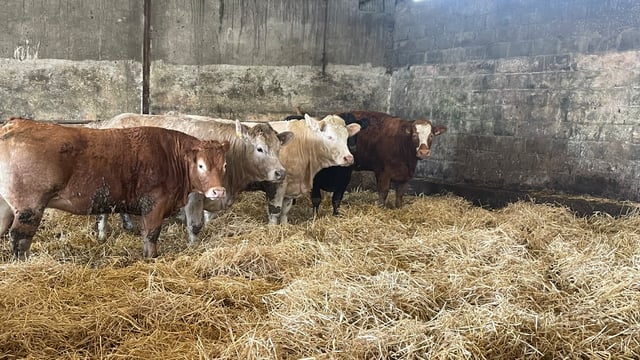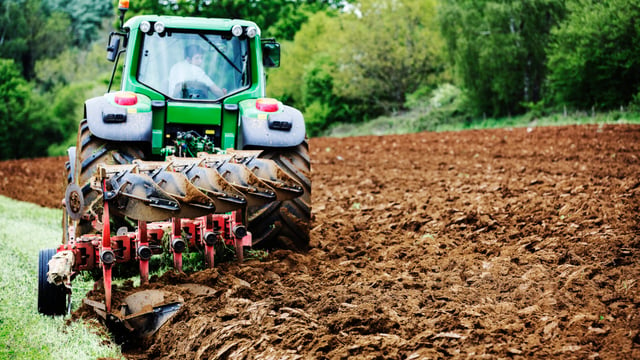MEP heaps praise on 'community café' initiative to tackle isolation
An Irish MEP has heaped praise on the 'community café' initiative which aims to address loneliness and isolation in rural Ireland.
Ireland South MEP Cynthia Ní Mhurchú has welcomed a new funding stream to support community cafés across rural areas of the country.
She made the comments after meeting with representatives from the community café sector in Co. Tipperary.
There are currently some 30 community cafés across Ireland, located mainly in Munster and Leinster.
These coffee shops and small retail outlets are meant to act as "mini community hubs" in rural villages where other services have closed down and have proved commercially unviable.
Representatives of the community cafés initiative met with Ní Mhurchú as part of a process to set up an official lobby group for the sector.
The MEP noted that the new Programme for Government, announced last week, includes a commitment to support the development and retention of community-run shops and cafés.
Commenting on the initiative, Ní Mhurchú said: "Community cafés are providing a safe, welcoming space for our older population and those in rural Ireland who can drop by for a coffee, some homemade cake, and much needed chat.
"They are run by locals for locals, and all profits are fed back into the shop or café.
"It drives a sense of community and pride and should be a key policy platform for rural isolation and loneliness in rural Ireland," the Fianna Fáil MEP added.
According to Ní Mhurchú, the community café representatives told her that they "are not there to replace private enterprise and only develop or set up where it is clear that no other commercially viable business can survive there".
"Community cafés are often an outlet for communities who have lost their local pub due to closure," she said.
Ní Mhurchú said she was committed to lobbying the next minister in the Department of Social Protection to fund a new scheme that would incentivise those on long-term unemployment to register to take up roles in community enterprises such as community cafés.
"This would encourage them to learn new skills, while supporting local rural initiatives that benefit the community," she said.

